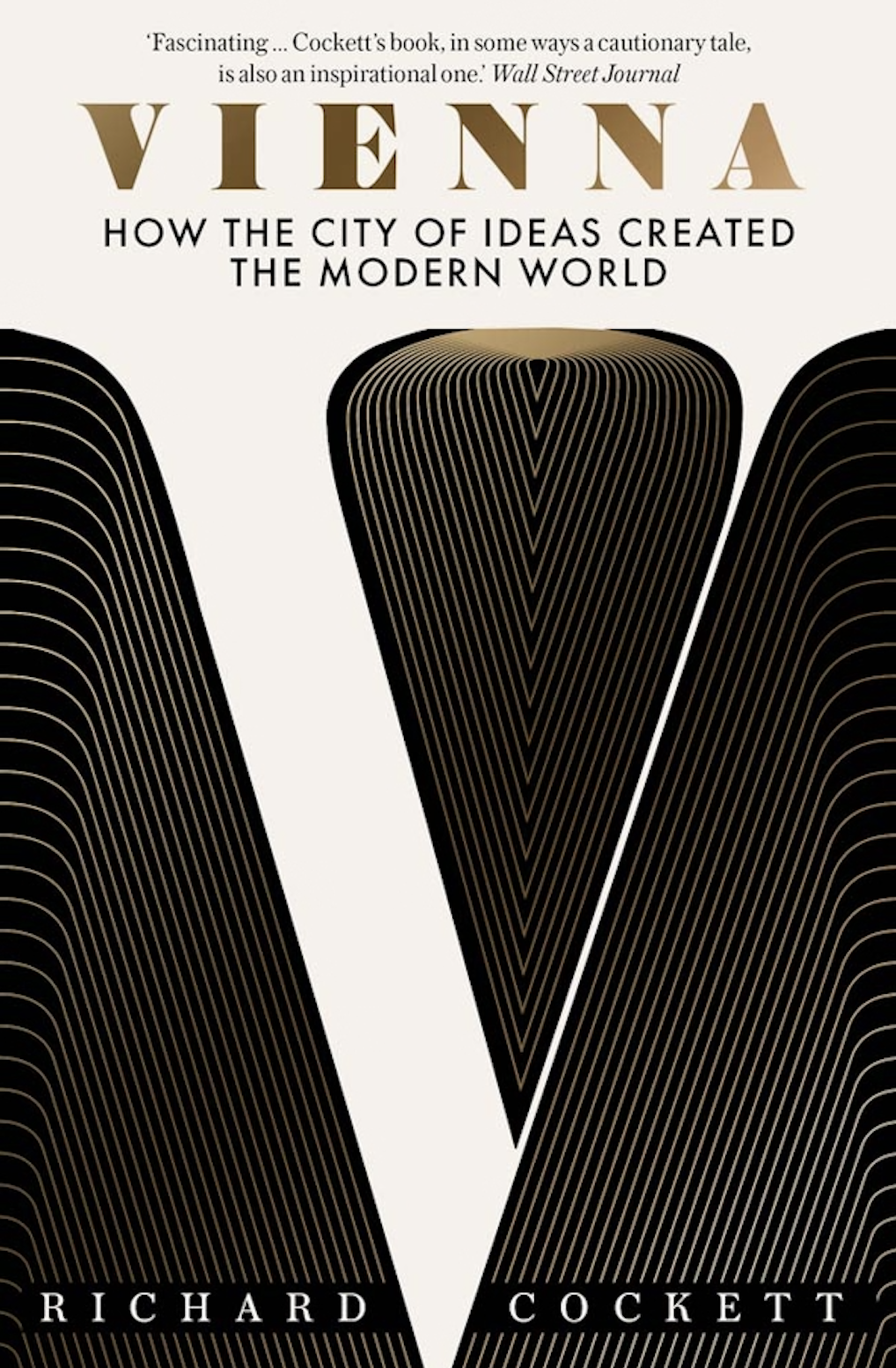The Best Book on the History of Vienna That You Didn’t Think You Needed
But That Explains Almost Everything About the Modern World
I’ve just finished reading Vienna: How the city of ideas created the modern world by the historian Richard Cockett and now I want to go back to the beginning and start again.
So much of our modern world makes much more sense now.
From neoliberalism, focus groups and toxic masculinity (you'll look at Klimpt’s Judith I in a whole new light) to fitted kitchens, attachment theory and the Orgasmatron, not to mention psychoanalysis – Freudian and otherwise – management theory, coffee table art books, Mar El Lago, the scientist-cum-Hollywood star (in that order) Hedy Lamarr, the science behind the atomic bomb and much more – all of them, products of the febrile, fertile, combative but collaborative Viennese minds.
For better and for worse (and in many cases, for very richer and for very poorer), so much can traced back to this city at the turn of the 19th and then into the 20th century.
No historian myself (I harbour secret thoughts that we could achieve world peace by simply stopping the teaching of history), how did I come to be reading this kaleidoscopic book?
A recent FT article (paywall) on ‘How to be a great thinker’ cited it for its portrayal of how we think better when we think across disciplines.
In Vienna, it was not so much domains that were jealously protected as process – a transdisciplinary approach to knowledge and understanding that was rigorously ‘scientific’.
How can mathematical principles be applied to art?
How can time and motion studies enhance domestic life?
How can architecture improve physical health?
What does this science mean for the ordinary man and woman and their lives?
Thinkers across domains (mainly men) would meet, discuss, argue, then go for a drink and a sing-song into the night (just the men).
What’s more, the book does not shrink from its telling of the darker side of Vienna life.
The infamous photograph of the post-Anschluss gathering of the University of Vienna's anatomy department is just chilling.
And with Cockett's expert guidance, you now look at the film High Noon (directed by child of Vienna, Fred Zinneman) in a new light, as a parable of what happens when people turn their back on their neighbours in the face of evil.
As a glorious summer read that will make you look quite the intellectual in your Speedos, I thoroughly recommend this book.
As a read for educators, as the FT suggests, it shows us what can be achieved when we break down those artificial barriers between subject domains and collaborate in a combative and creative way to find the maths in art, the history in language, the nature in science and the humanity in humanities.

Enjoy a free no-obligation chat.
Haggle a bit. Make a booking.
Call us on +44 (0)1267 211432 or drop us a line at learn@independentthinking.co.uk.

About the author
Ian Gilbert
Ian Gilbert is an award-winning writer, editor, speaker, innovator and the founder of Independent Thinking. Currently based in Finland, he has lived and worked in the UK, mainland Europe, the Middle East, South America and Asia and is privileged to have such a global view of education and education systems.